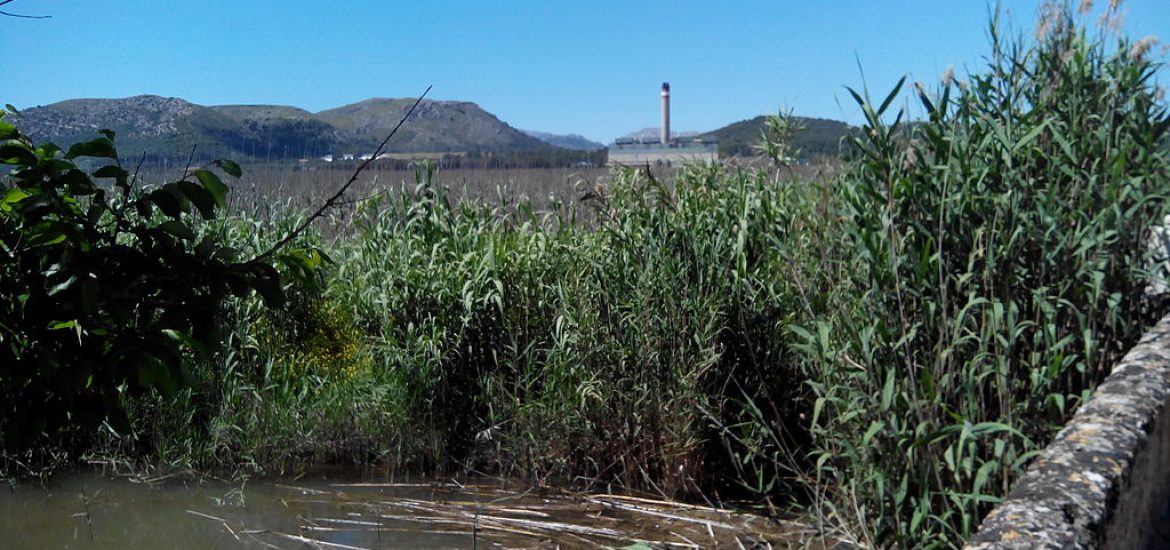
Spain’s Balearic Islands hope to be running on 100 per cent renewable energy by 2050, but the regional government faces numerous challenges.
While a proposed climate change law would make the islands some of the greenest in the world, the four islands generate less than 3 per cent of their electricity from renewable sources, primarily from solar. Coal-fired power plants, diesel generators and gas plants account for more than 70 per cent of supply, while most of the rest is imported from mainland Spain.
The plan would involve a phased shutdown of the islands’ main coal plant, at Alcúdia on Mallorca, between 2020 and 2025, a proposal that has been rejected by the Madrid government, amid fears for energy security.
Francina Armengol, the president of the Balearic government, said: “It’s not a political act, we haven’t done it to win votes. We believe it’s the right thing.”
The policy says renewables should provide 35 per cent of electricity needs by 2030, with gas imports rising to fill the gap left by closing existing power plants.
The islands, Mallorca, Menorca, Ibiza and Formentera, have some of the highest car-ownership levels in Spain with car parks being fitted with photovoltaic panels. New diesel cars are due to be banned from 2025 with electric cars charging points installed. Street lights are supposed to be switched to LED bulbs.
Madrid has rejected the Balearic government’s proposal to shut down the Es Murterar coal plant (pictured) in Mallorca and use gas instead, referring to energy security concerns.
Endesa, the company that runs coal, gas and oil power production on the four islands, has suggested that Es Murterar be mothballed but not dismantled, to appease Madrid.
Some of Es Murterar’s 300 staff are unconvinced, despite promises of retraining and new jobs in the renewables. “There will be no light and no jobs,” said one worker at the plant, which is beside the beach at Alcudia Bay on the northeast of Mallorca.
Rural communities have opposed the use of farming land for solar projects.
A Mallorca conservation group, GOB Mallorca, welcomes solar, especially on rooftops, but its spokeswoman Margalida Ramis said it opposed large-scale solar farms that “are not about community but profit”. GOB Menorca wants to see big solar farms adapted to the landscape.
Land-leasing also costs five times more on the Balearics than on the mainland, stifling progress.
The regional government has already fitted banks of panels on schools and hospitals to kickstart the policy.
The Balearic power station operators receive a €250 million to €300 million annual subsidy to compensate them for keeping residential power prices the same as on the mainland while solar generators do not.
Teresa Ribera, an ex-Spanish climate minister, said public subsidies should be used for “the best and cleanest options, not to waste the money in dirty options”.
Menorca’s Mahon oil-powered plant is due to switch to gas around the end of the decade with town mayor Conxa Junalola saying residents worried about the impact on their health from burning oil.
Es Murterar power station. Picture credit: Wikimedia





